December 9 stands as one of history’s most eventful days, witnessing the rise and fall of empires, groundbreaking discoveries, and moments that shaped our modern world across centuries of human achievement.
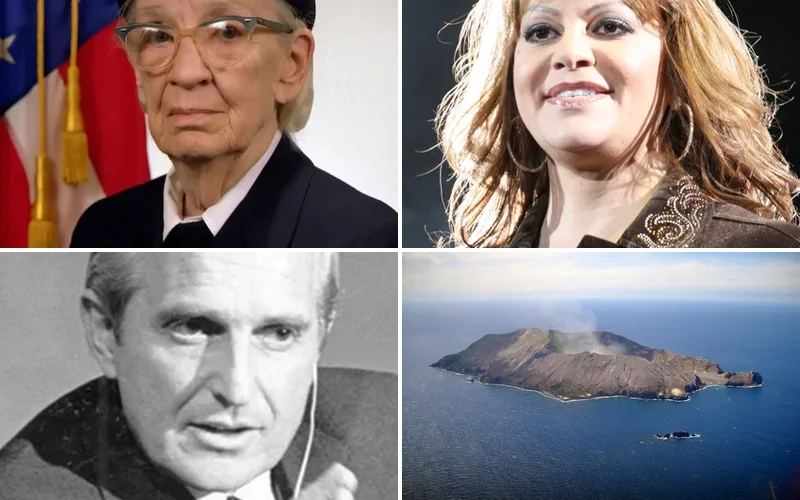
Politics and Government Events on December 9
1905 – French Church-State Separation Law Enacted
France fundamentally transformed its relationship with organized religion by passing legislation that legally separated church and state. The law dismantled centuries of Catholic Church influence over French governmental affairs and public institutions.
Republican lawmakers championed this revolutionary measure as essential for modern democratic governance. The legislation established France as a secular republic and became a model for similar reforms across Europe.
1922 – Gabriel Narutowicz Elected First President of Poland
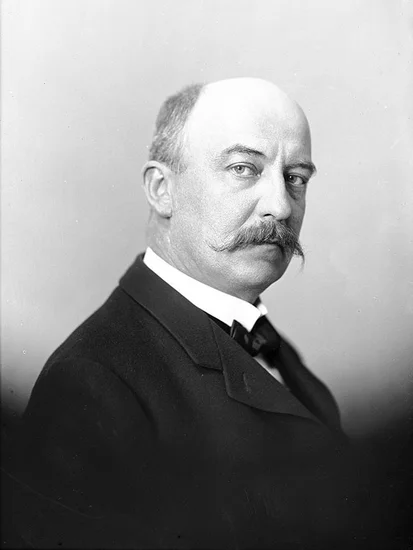
Poland’s newly restored democracy achieved a historic milestone when Gabriel Narutowicz won the presidential election. The mathematician and engineer defeated his rivals in a closely contested race that demonstrated the country’s commitment to democratic principles.
Narutowicz represented moderate political forces seeking to unite Poland’s diverse regions under constitutional government. His victory marked the beginning of the Second Polish Republic’s presidential system.
1931 – Second Spanish Republic Constitution Approved
Spain’s Constituent Cortes ratified a progressive constitution that formally established the Second Spanish Republic. The document guaranteed extensive civil liberties, women’s suffrage, and regional autonomy while reducing the Catholic Church’s traditional political influence.
Republican legislators crafted comprehensive reforms addressing social justice, education, and economic modernization. The constitution represented Spain’s bold attempt to create a truly democratic and egalitarian society.
1961 – Tanganyika Gains Independence from Britain
The East African territory of Tanganyika achieved independence from British colonial rule under the leadership of Julius Nyerere. Thousands of citizens celebrated as the Union Jack was lowered and the new national flag raised in Dar es Salaam.
The peaceful transition marked the end of decades of colonial administration and the beginning of African self-governance. Tanganyika would later unite with Zanzibar to form the United Republic of Tanzania.
2008 – Illinois Governor Rod Blagojevich Arrested
Federal agents arrested Illinois Governor Rod Blagojevich on corruption charges including attempting to sell Barack Obama’s vacant Senate seat. The dramatic early morning arrest sent shockwaves through American politics and exposed deep-rooted corruption in Illinois government.
Prosecutors accused Blagojevich of treating his gubernatorial powers as personal commodities for financial gain. The case became a symbol of political corruption and ultimately led to his impeachment and removal from office.
2016 – South Korean President Park Geun-hye Impeached

South Korea’s National Assembly voted overwhelmingly to impeach President Park Geun-hye following a massive corruption scandal. The historic vote came after weeks of massive street protests demanding her removal from office.
The impeachment centered on Park’s involvement with confidante Choi Soon-sil, who illegally influenced government decisions and extorted money from major corporations. The scandal exposed deep connections between political power and corporate influence in South Korean society.
Military and Naval History on December 9
1917 – British Forces Capture Jerusalem
Field Marshal Edmund Allenby’s British forces triumphantly entered Jerusalem, wresting control of the holy city from the Ottoman Empire. The capture marked a pivotal moment in the Middle Eastern campaign of World War I.
Allenby famously dismounted from his horse and entered the Old City on foot, showing respect for the sacred site. The victory opened the path for British control over Palestine and fundamentally altered the region’s political landscape.
1917 – Romania Signs Armistice with Central Powers
The Kingdom of Romania formally signed the Armistice of Focșani with Germany and its allies, effectively ending Romanian participation in World War I. The agreement came after devastating military defeats and the loss of most Romanian territory.
Romanian negotiators accepted harsh terms that included territorial concessions and economic restrictions. The armistice represented a major victory for the Central Powers on the Eastern Front.
1940 – Operation Compass Begins in North Africa
British and Indian forces under Major-General Richard O’Connor launched Operation Compass, attacking Italian positions near Sidi Barrani in Egypt. The surprise offensive marked Britain’s first major land victory against Axis forces.
The operation completely routed Italian forces and captured thousands of prisoners with minimal British casualties. This stunning success demonstrated that Axis forces were not invincible and boosted Allied morale worldwide.
1941 – Multiple Nations Declare War on Axis Powers
China, Cuba, Guatemala, and the Philippine Commonwealth formally declared war on Germany and Japan following the Pearl Harbor attack. The declarations demonstrated growing global opposition to Axis aggression and expanded the conflict’s scope.
These declarations brought additional resources and strategic positions to the Allied cause. The coordinated response showed international solidarity against fascist expansion across multiple continents.
1987 – First Intifada Begins in Gaza and West Bank
Palestinian resistance erupted into sustained uprising against Israeli occupation in the Gaza Strip and West Bank territories. The grassroots movement employed civil disobedience, strikes, and stone-throwing protests against Israeli military forces.
The intifada fundamentally changed the Israeli-Palestinian conflict by bringing international attention to Palestinian grievances. The uprising lasted for years and significantly influenced Middle Eastern politics and peace negotiations.
Science and Discovery Milestones on December 9
1968 – Douglas Engelbart’s Revolutionary Computer Demo

Douglas Engelbart delivered “The Mother of All Demos” at Stanford Research Institute, publicly demonstrating the computer mouse, hypertext, and graphical user interfaces for the first time. The 90-minute presentation fundamentally changed how humans interact with computers.
Engelbart’s oN-Line System (NLS) showcased video conferencing, word processing, and collaborative editing capabilities that seemed like science fiction to contemporary audiences. His innovations laid the groundwork for modern personal computing and the internet.
1979 – Smallpox Eradication Certified
The World Health Organization officially certified the global eradication of smallpox, making it the first disease in human history to be completely eliminated through coordinated international effort. The achievement represented unprecedented cooperation between nations and health organizations.
The successful vaccination campaign saved millions of lives and demonstrated that infectious diseases could be conquered through scientific determination and global collaboration. This milestone inspired similar efforts against other diseases worldwide.
2006 – Space Shuttle Discovery Launches STS-116 Mission
NASA’s Space Shuttle Discovery launched carrying the P5 truss segment to the International Space Station. The mission represented continued international cooperation in space exploration and station construction.
The crew successfully delivered critical components for the station’s solar power system and performed multiple spacewalks. The mission demonstrated America’s ongoing commitment to space exploration and scientific research.
Cultural and Arts Events on December 9
1960 – Coronation Street Premieres

The first episode of Coronation Street aired on British television, launching what would become the world’s longest-running television soap opera. The show depicted working-class life in Manchester with unprecedented realism and humor.
Granada Television’s creation revolutionized British broadcasting by focusing on ordinary people’s daily struggles and triumphs. The series became a cultural phenomenon that influenced television drama production worldwide.
1996 – Gwen Jacob Acquitted in Topless Rights Case
Canadian courts acquitted Gwen Jacob of committing an indecent act, establishing women’s legal right to be topless in public in Ontario. The landmark ruling challenged traditional gender-based clothing restrictions and advanced women’s equality rights.
Jacob’s case began when she was arrested for walking topless on a hot summer day in Guelph. The court’s decision recognized that equal protection under the law required equal treatment regardless of gender.
Religious and Social Events on December 9
1935 – Beijing Student Protests Dispersed
Chinese students gathered in Beijing’s Tiananmen Square to protest Japanese aggression and government inaction, but authorities quickly dispersed the demonstrations. The protests reflected growing nationalist sentiment and frustration with China’s weakness against foreign powers.
The December 9th Movement became a symbol of student activism and patriotic resistance in Chinese history. These protests helped galvanize public opinion against Japanese expansion and government corruption.
1946 – Genocide Convention Adopted
The United Nations General Assembly adopted the Convention on the Prevention and Punishment of the Crime of Genocide, establishing international legal framework for prosecuting genocide. The convention defined genocide as a crime under international law for the first time.
The treaty emerged from global horror at Nazi atrocities and determination to prevent future genocides. The convention established legal precedents that continue to guide international justice efforts today.
1946 – India’s Constituent Assembly Convenes
India’s Constituent Assembly met for the first time to draft the nation’s constitution following independence from British rule. The assembly brought together diverse representatives from across the subcontinent to create democratic institutions.
The constitutional drafting process took nearly three years and produced one of the world’s most comprehensive democratic constitutions. The document established India as a secular, democratic republic with strong protections for individual rights.
2017 – Australia Legalizes Same-Sex Marriage
Australia’s Marriage Amendment Bill received royal assent, making the country the 26th nation to legalize same-sex marriage. The legislation followed a successful postal survey that showed overwhelming public support for marriage equality.
The law’s passage marked the culmination of decades of advocacy by LGBTQ+ rights activists and their allies. Australia’s decision influenced similar debates in other countries and advanced global acceptance of marriage equality.
Business and Economic Events on December 9
1950 – Harry Gold Sentenced for Atomic Espionage
American chemist Harry Gold received a 30-year prison sentence for helping Klaus Fuchs transmit Manhattan Project secrets to the Soviet Union. Gold’s testimony became crucial evidence in the prosecution of Julius and Ethel Rosenberg.
The case exposed extensive Soviet espionage networks operating within America’s most sensitive scientific programs. Gold’s cooperation with investigators revealed how communist agents had penetrated the atomic bomb project.
1953 – General Electric Dismisses Communist Employees
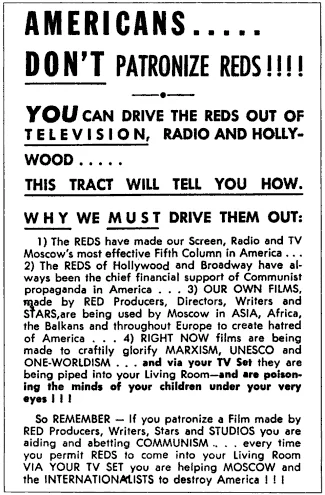
General Electric Corporation announced that all employees identified as communists would be terminated from their positions. The policy reflected widespread corporate participation in Cold War anti-communist campaigns.
The decision affected hundreds of workers and demonstrated how Red Scare hysteria penetrated American business practices. Many dismissed employees faced blacklisting and difficulty finding new employment in their fields.
Transportation and Infrastructure on December 9
1956 – Trans-Canada Air Lines Flight 810 Crashes
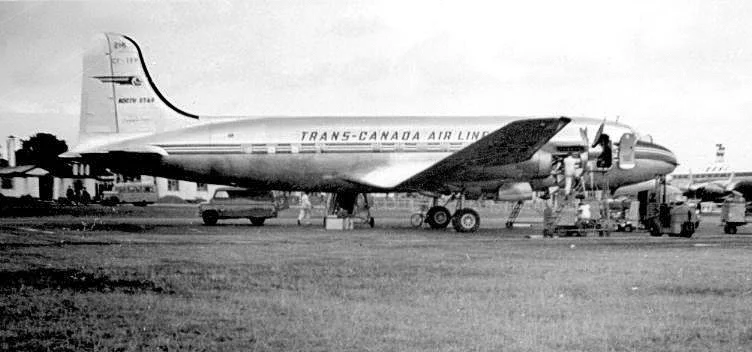
Trans-Canada Air Lines Flight 810-9, a Canadair North Star aircraft, crashed near Hope, British Columbia, killing all 62 people aboard. The tragedy marked one of Canada’s deadliest aviation accidents at the time.
Investigators determined that severe weather conditions and mechanical failure contributed to the crash. The disaster led to improved aviation safety protocols and better weather monitoring systems.
2012 – Jenni Rivera Dies in Plane Crash

A private aircraft carrying Mexican-American singer Jenni Rivera crashed in Mexico, killing all seven people aboard. The tragedy shocked the Latino music community and millions of fans worldwide.
Rivera had just performed in Monterrey and was traveling to Mexico City for a television appearance. Her death at age 43 cut short the career of one of regional Mexican music’s biggest stars.
2019 – White Island Volcano Erupts
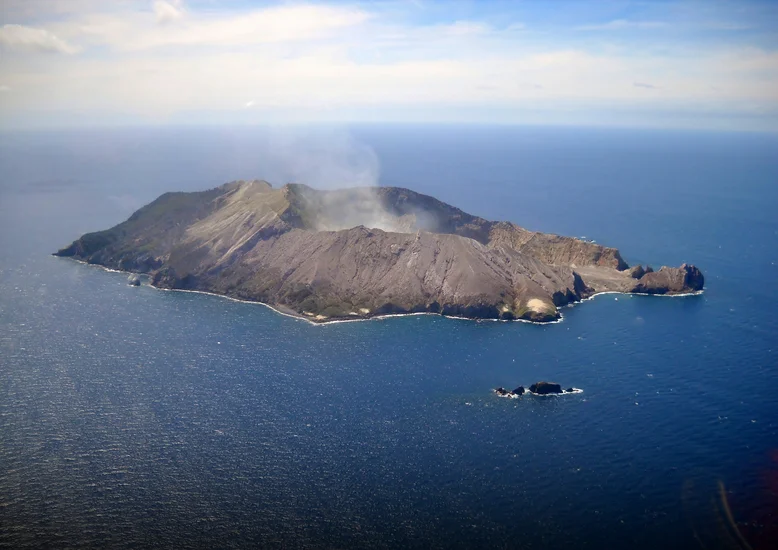
New Zealand’s Whakaari/White Island volcano suddenly erupted, killing 22 people and injuring dozens more. The disaster struck while tourists were visiting the active volcanic island.
The eruption caught visitors and guides by surprise, as the volcano had shown only minor signs of increased activity. The tragedy raised questions about tourist safety protocols at active volcanic sites.
Sports and Recreation on December 9
1965 – Kecksburg UFO Incident
A mysterious fireball streaked across the skies from Michigan to Pennsylvania, with numerous witnesses reporting an object crashing in woods near Kecksburg, Pennsylvania. The incident became one of America’s most famous UFO cases.
Military personnel quickly cordoned off the alleged crash site and removed an object under heavy security. The government’s secretive response fueled decades of speculation about extraterrestrial visitation and cover-ups.
1992 – Operation Restore Hope Begins
American forces landed in Somalia to begin Operation Restore Hope, a humanitarian mission to protect food aid distribution during the country’s civil war. The operation marked significant U.S. military intervention in African affairs.
The mission initially succeeded in securing major ports and airports for humanitarian operations. However, the intervention eventually became controversial as American forces became involved in local conflicts.
2013 – Bintaro Train Accident

A commuter train collided with a fuel truck at a railway crossing in Bintaro, Indonesia, killing at least seven people and injuring 63 others. The accident highlighted persistent safety problems in Indonesia’s transportation infrastructure.
The collision caused a massive fire that consumed several train cars and nearby buildings. The tragedy prompted calls for improved railway safety measures and better crossing protection systems.
Notable Births on December 9
1905 – Grace Hopper Born
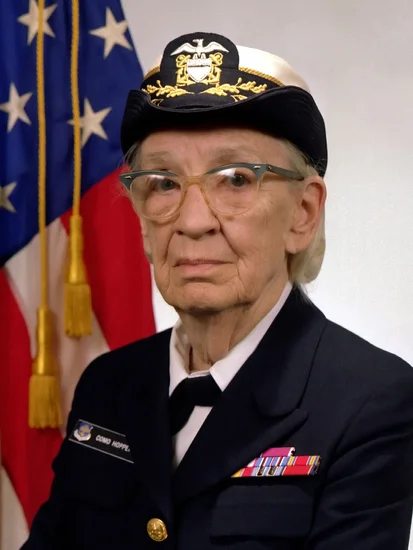
American computer scientist and naval officer Grace Hopper was born in New York City. She would become one of the most influential figures in early computer programming and software development.
Hopper pioneered the development of machine-independent programming languages and created the first compiler for computer programming. Her work laid the foundation for modern software development and earned her recognition as one of computing’s great innovators.
1916 – Kirk Douglas Born
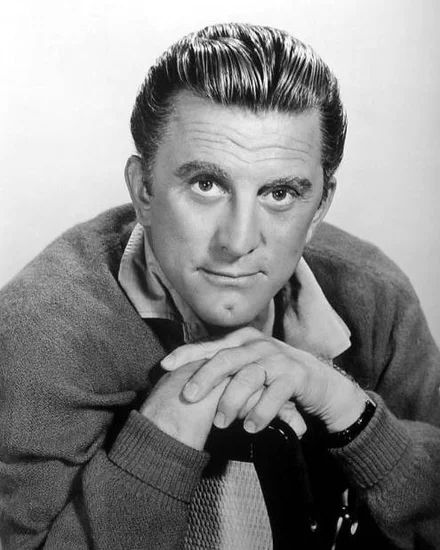
American actor Kirk Douglas was born in Amsterdam, New York, beginning a life that would span over a century. He became one of Hollywood’s most enduring leading men and a powerful force in the film industry.
Douglas starred in classic films including “Spartacus” and “Paths of Glory” while also producing groundbreaking cinema. His decision to break the Hollywood blacklist by crediting Dalton Trumbo demonstrated remarkable courage during the Red Scare era.
1934 – Judi Dench Born
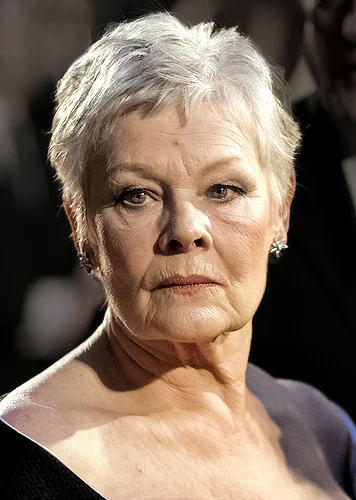
British actress Judi Dench was born in York, England, launching a theatrical career that would span seven decades. She became one of Britain’s most celebrated performers on stage and screen.
Dench achieved international fame playing M in James Bond films while maintaining her status as a premier Shakespearean actress. Her performances earned numerous awards including an Academy Award, multiple BAFTAs, and a Tony Award.
1941 – Beau Bridges Born
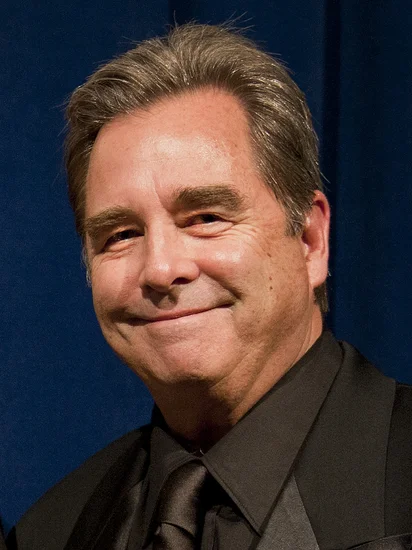
American actor Beau Bridges was born in Los Angeles, California, into a family that would become Hollywood royalty. He developed into one of America’s most respected character actors and directors.
Bridges built a distinguished career in film and television, earning multiple Emmy Awards and Golden Globe nominations. His performances in “The Fabulous Baker Boys” and “Starman” demonstrated his remarkable range and emotional depth.
1957 – Donny Osmond Born
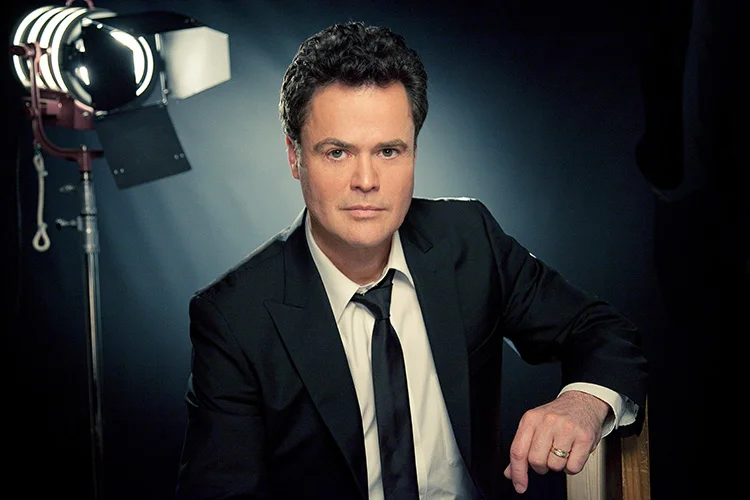
American entertainer Donny Osmond was born in Ogden, Utah, beginning a career that would make him a teen idol and lifelong performer. He achieved fame as the youngest member of the singing group The Osmonds.
Osmond’s career evolved from child star to mature entertainer, encompassing music, television, and Las Vegas performances. His enduring popularity demonstrated the power of talent, hard work, and family values in entertainment.
1969 – Jakob Dylan Born

American musician Jakob Dylan was born in New York City, the son of legendary folk singer Bob Dylan. He carved out his own musical identity as the lead singer and songwriter of The Wallflowers.
Dylan’s band achieved massive success with albums like “Bringing Down the Horse,” proving he could step out of his father’s shadow. His songwriting combined rock sensibilities with thoughtful lyrics that resonated with a new generation.
1973 – Stacey Abrams Born
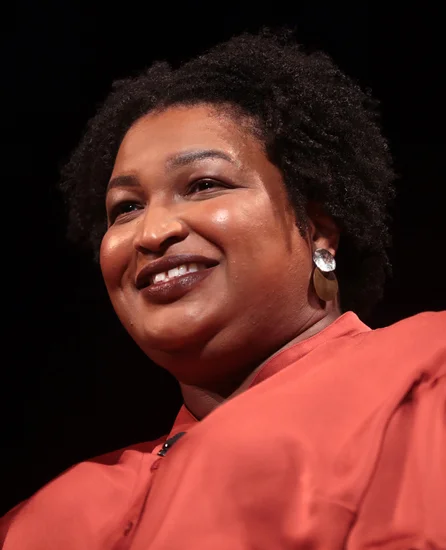
American politician and activist Stacey Abrams was born in Madison, Wisconsin, beginning a life dedicated to public service and voting rights. She became one of the most influential political figures in modern American politics.
Abrams served in the Georgia House of Representatives and ran for governor in 2018, energizing Democratic voters across the state. Her work on voter registration and election integrity helped transform Georgia’s political landscape.
Notable Deaths on December 9
1916 – Natsume Sōseki Dies
Japanese novelist Natsume Sōseki passed away at age 49, ending the career of one of Japan’s greatest literary figures. His novels explored the psychological effects of Japan’s rapid modernization during the Meiji period.
Sōseki’s works including “I Am a Cat” and “Kokoro” examined the tension between traditional Japanese values and Western influence. His psychological realism and social criticism established him as a master of modern Japanese literature.
1971 – Ralph Bunche Dies
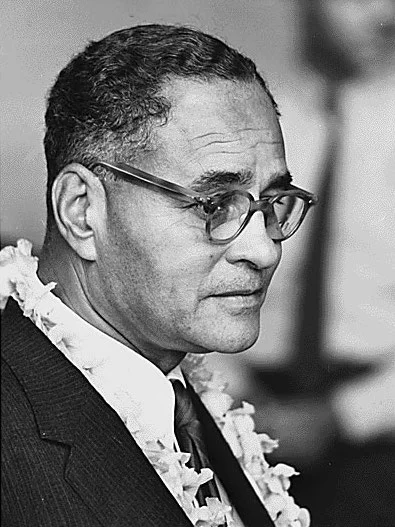
American diplomat Ralph Bunche died at age 67, concluding a distinguished career in international relations and peace mediation. He was the first person of color to receive the Nobel Peace Prize for his work in the Middle East.
Bunche mediated the 1949 armistice agreements between Israel and Arab nations, demonstrating exceptional diplomatic skill. His success in international diplomacy broke racial barriers and inspired a generation of minority diplomats.
1996 – Mary Leakey Dies
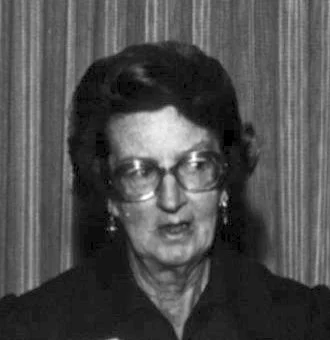
British archaeologist Mary Leakey passed away at age 83, ending a career that revolutionized understanding of human evolution. Her discoveries in East Africa provided crucial evidence for human origins and development.
Leakey’s excavations at Olduvai Gorge and Laetoli uncovered fossils and footprints that documented early human ancestors. Her meticulous fieldwork and groundbreaking discoveries earned her recognition as one of archaeology’s greatest pioneers.
2010 – James Moody Dies

American jazz saxophonist James Moody died at age 85, concluding a career that spanned seven decades of jazz evolution. His innovative playing style and compositions influenced countless musicians across multiple generations.
Moody’s recording of “Moody’s Mood for Love” became a jazz standard and demonstrated his ability to blend bebop with accessible melodies. His long association with Dizzy Gillespie helped define the sound of modern jazz.
2012 – Jenni Rivera Dies

Mexican-American singer Jenni Rivera died at age 43 in a plane crash, cutting short the career of regional Mexican music’s biggest female star. Her death shocked the Latino music community and millions of fans worldwide.
Rivera’s powerful voice and personal songs about love, betrayal, and female empowerment resonated with audiences across the Americas. Her success broke gender barriers in male-dominated regional Mexican music and inspired countless female performers.
Holidays and Observances on December 9
International Anti-Corruption Day
The United Nations established International Anti-Corruption Day to raise awareness about corruption’s devastating effects on societies worldwide. The observance promotes transparency, accountability, and good governance across all sectors of society.
Countries use this day to launch anti-corruption campaigns and highlight successful reforms. The observance recognizes that fighting corruption requires sustained international cooperation and citizen engagement.
Tanzania Independence Day
Tanzania celebrates Independence Day commemorating Tanganyika’s independence from British colonial rule in 1961. The holiday honors the peaceful transition to self-governance and the vision of founding father Julius Nyerere.
Citizens participate in parades, cultural performances, and patriotic celebrations throughout the country. The day reflects on Tanzania’s achievements in building a unified, peaceful nation from diverse ethnic and cultural groups.
Anna’s Day
Sweden and Finland observe Anna’s Day, marking the traditional beginning of lutefisk preparation for Christmas festivities. The day also celebrates all people named Anna according to Scandinavian naming traditions.
Families begin the elaborate process of preparing lutefisk, a traditional fish dish that requires weeks of careful preparation. The observance connects modern celebrations with ancient Nordic culinary traditions and seasonal rhythms.
